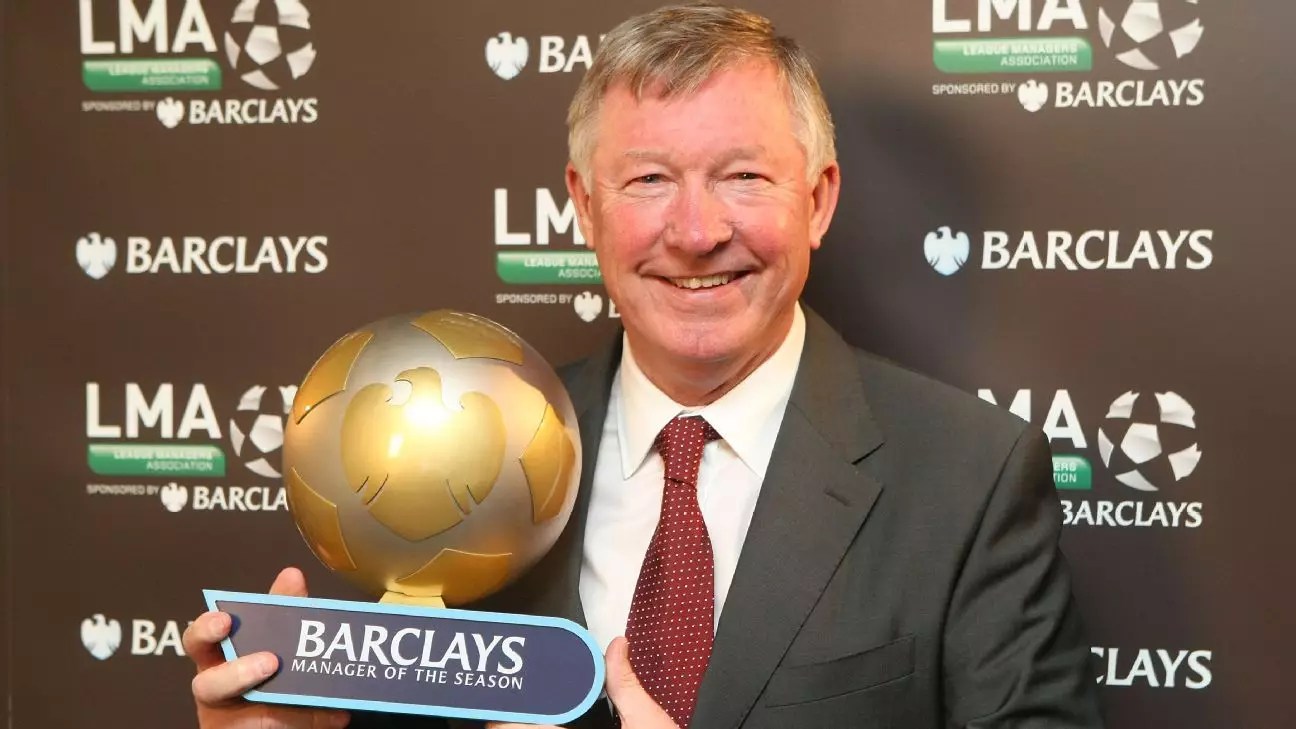Since his appointment as manager in 2016, Pep Guardiola has transformed Manchester City into a formidable force in English and European football. Initially recognized as a tactical innovator during his tenure at Barcelona, Guardiola’s strategy and philosophy have since redefined the playing style at City, leading them to an unprecedented success in the Premier League. By the end of the 2023-24 season, City celebrated their sixth title under Guardiola—the most in a seven-season span. Notably, this achievement cemented their place in history as the first men’s team to secure four consecutive top-flight league titles, challenging the long-standing records in English football.
With six Premier League titles, Guardiola ranks among the most successful managers in the league’s history. However, when comparing his achievements to legendary figures like Alex Ferguson—who amassed an astounding thirteen championships during his tenure at Manchester United—one must evaluate the context of these triumphs. Ferguson’s dominance over a prolonged period not only established a benchmark for success but also showcased the enduring legacy of Manchester United as a powerhouse in England. In contrast, Guardiola’s dominance has occurred during a rapidly changing football landscape where financial resources and ownership structures significantly impact success.
Guardiola’s style has often been critiqued for relying heavily on high-profile signings, raising questions about the sustainability of his tactical approach. Nonetheless, the Spanish coach has consistently demonstrated an ability to adapt to the evolving nature of football, utilizing innovative formations and a keen understanding of player capabilities. His tactical acumen and attention to detail are a significant aspect of Manchester City’s ascent, making them a perennial title contender each season.
The journey to the top has not been without fierce competition. Guardiola’s successes have come against formidable opponents, particularly José Mourinho and Arsène Wenger, both of whom have earned multiple Premier League titles during their managerial careers. While Mourinho’s three titles with Chelsea are noteworthy, they highlight the intensity and rivalry inherent in the league. Similarly, Wenger’s three championships with Arsenal, achieved over an impressive 22-year period, underscore the competitive landscape of the Premier League and the rapid evolution of football philosophy.
As Guardiola continues to etch his name in the annals of football history, one cannot overlook the impact his managerial style has had on the modern game. His emphasis on possession-based football has influenced countless managers and shaped the tactical frameworks adopted by teams globally.
Ultimately, while the number of titles won is a clear indicator of success, Guardiola’s legacy transcends mere statistics. His contributions to player development, tactical innovation, and the cultural ethos of Manchester City present a multidimensional narrative that will be analyzed and celebrated long after his departure. Guardiola’s tenure not only celebrates victories but also inspires future generations about the potential of strategic excellence in football. As the narrative of the Premier League continues to evolve, Guardiola’s influence will undoubtedly be a reference point for aspiring managers worldwide.


Leave a Reply